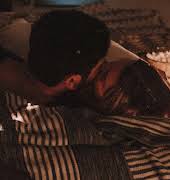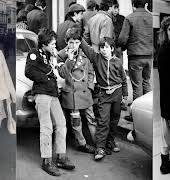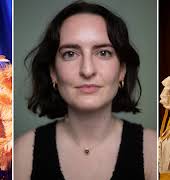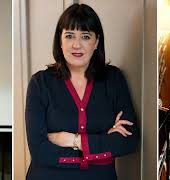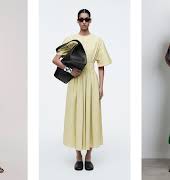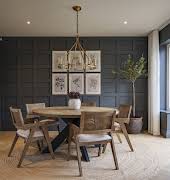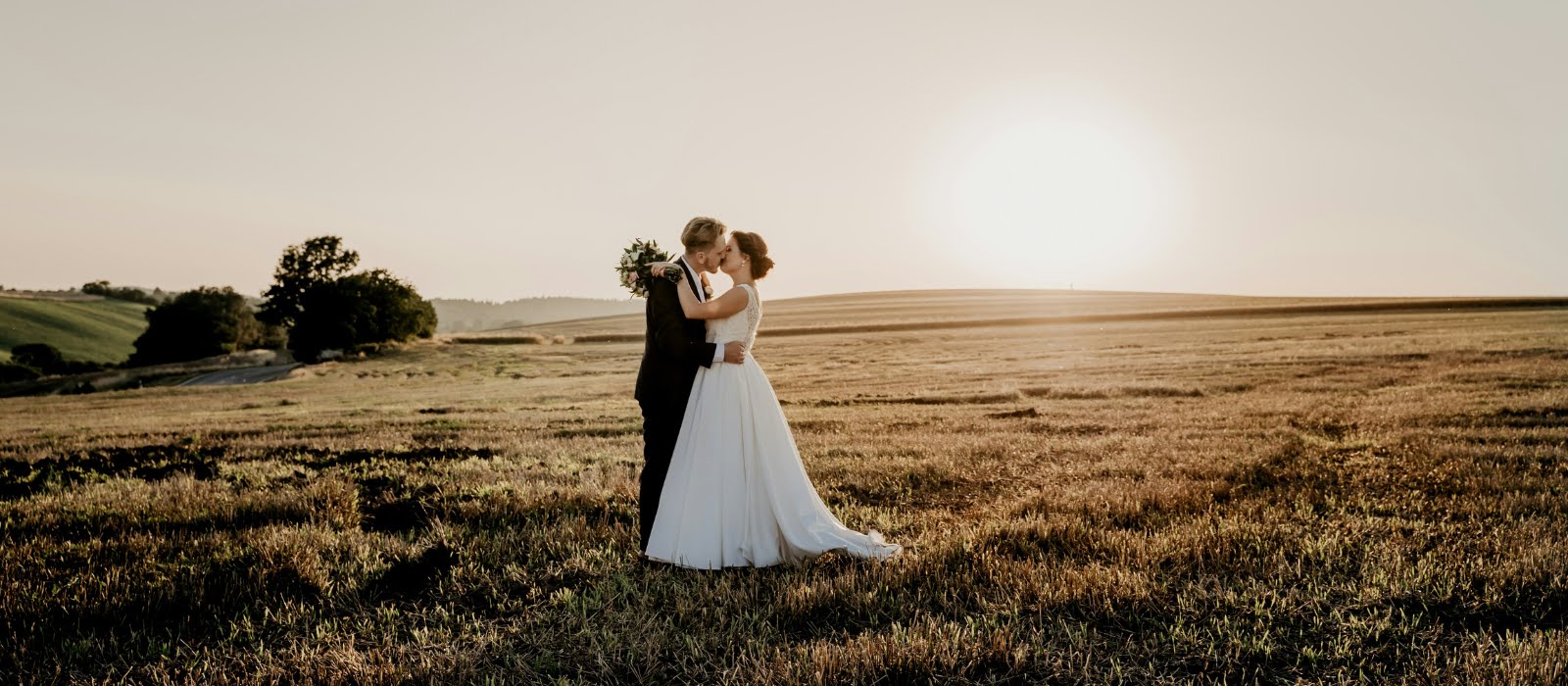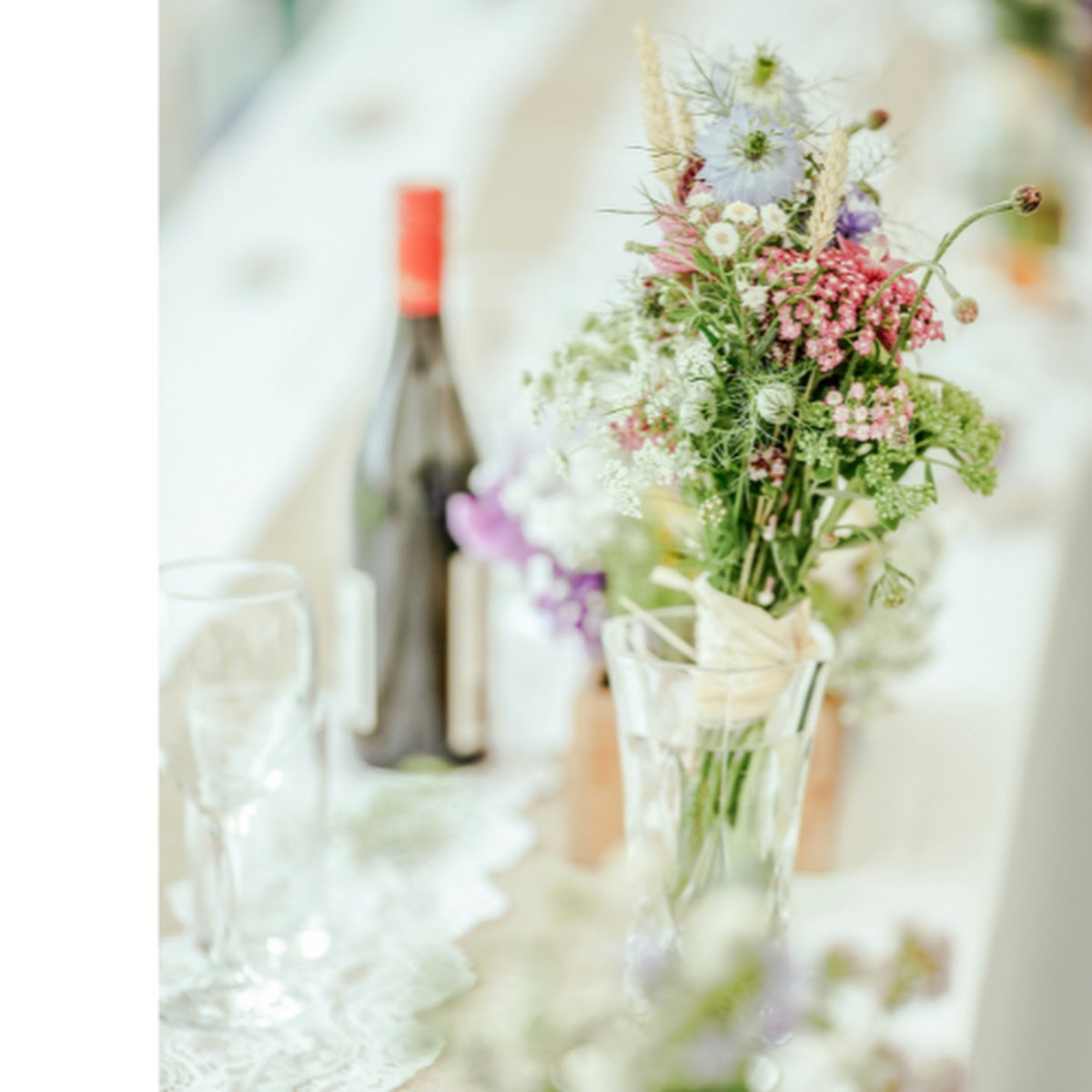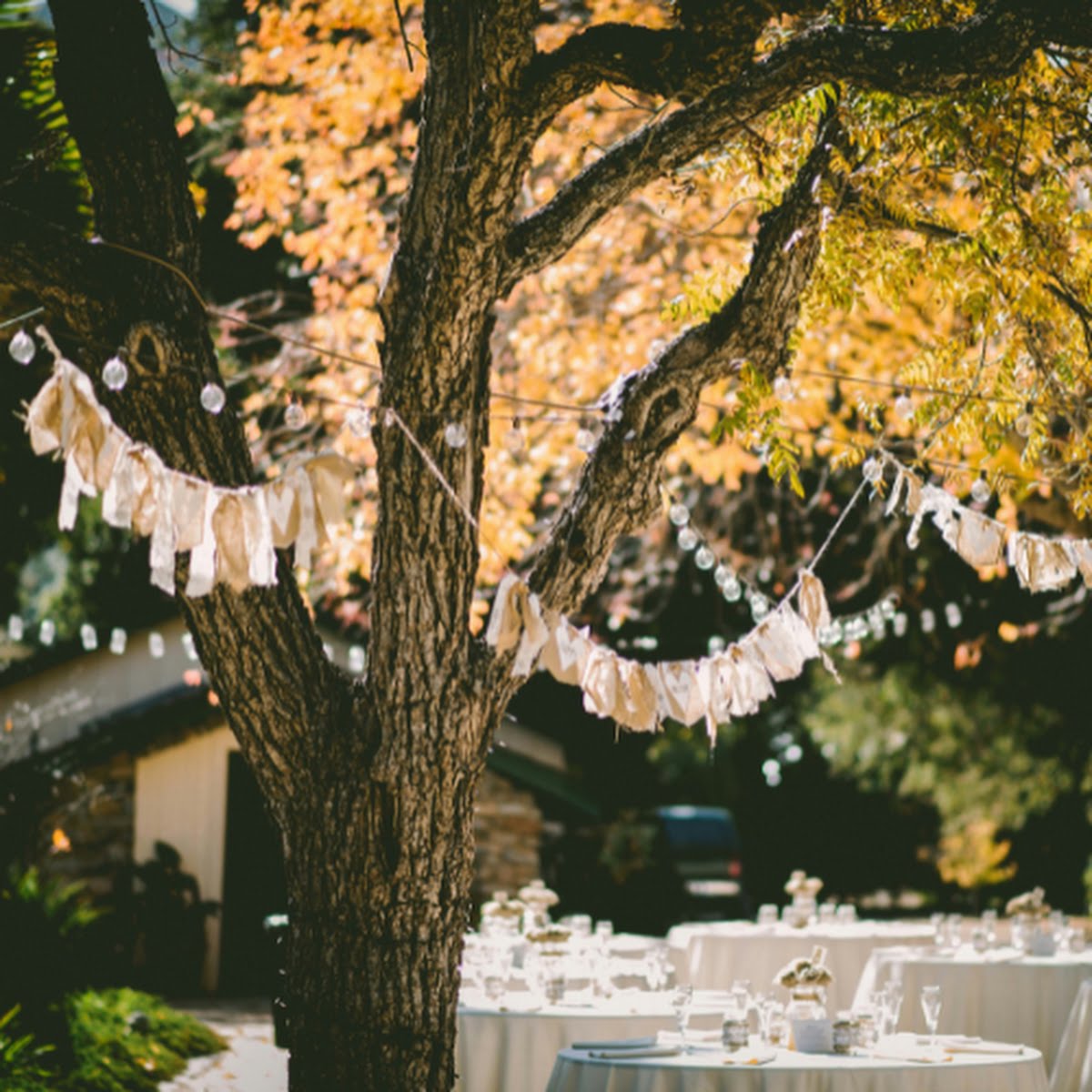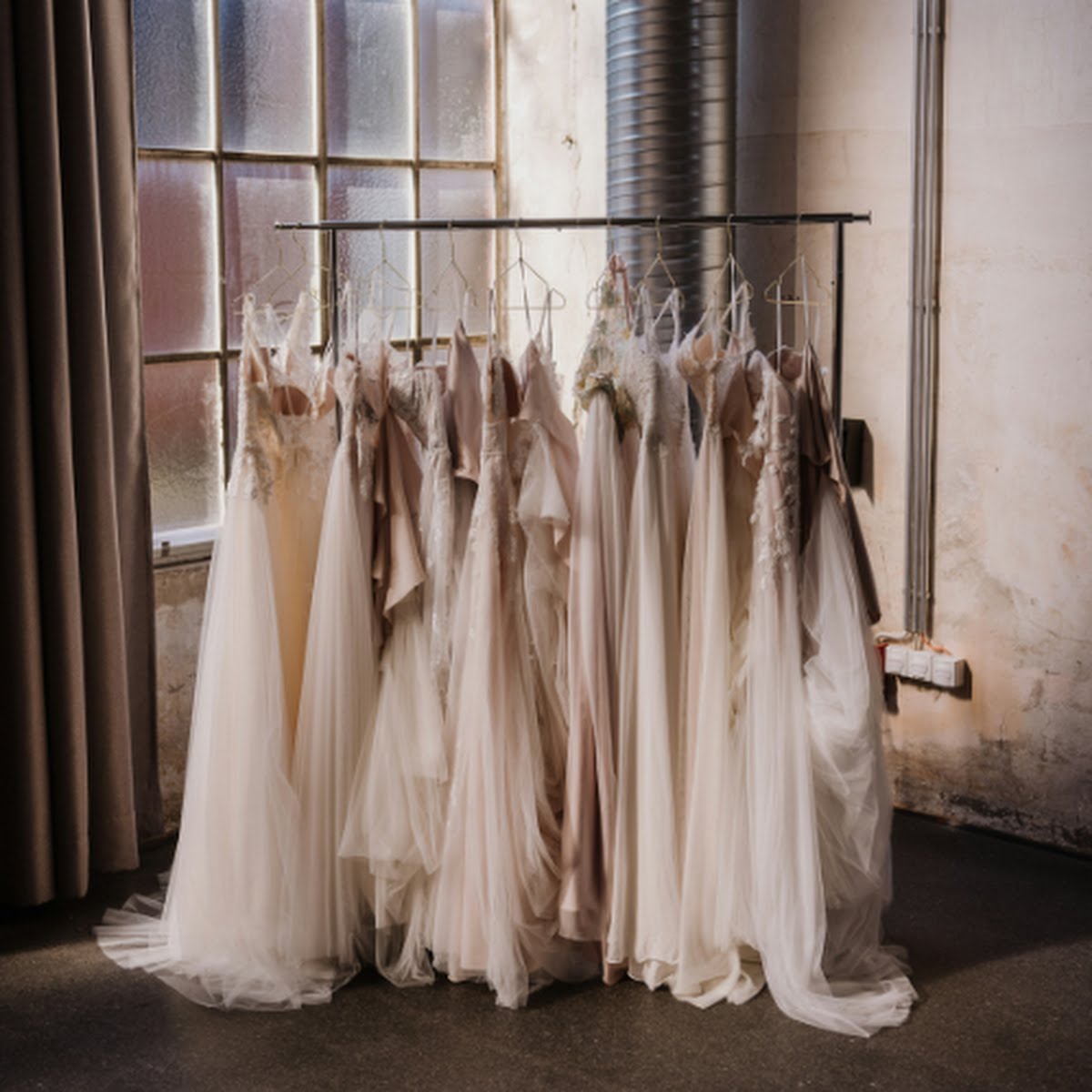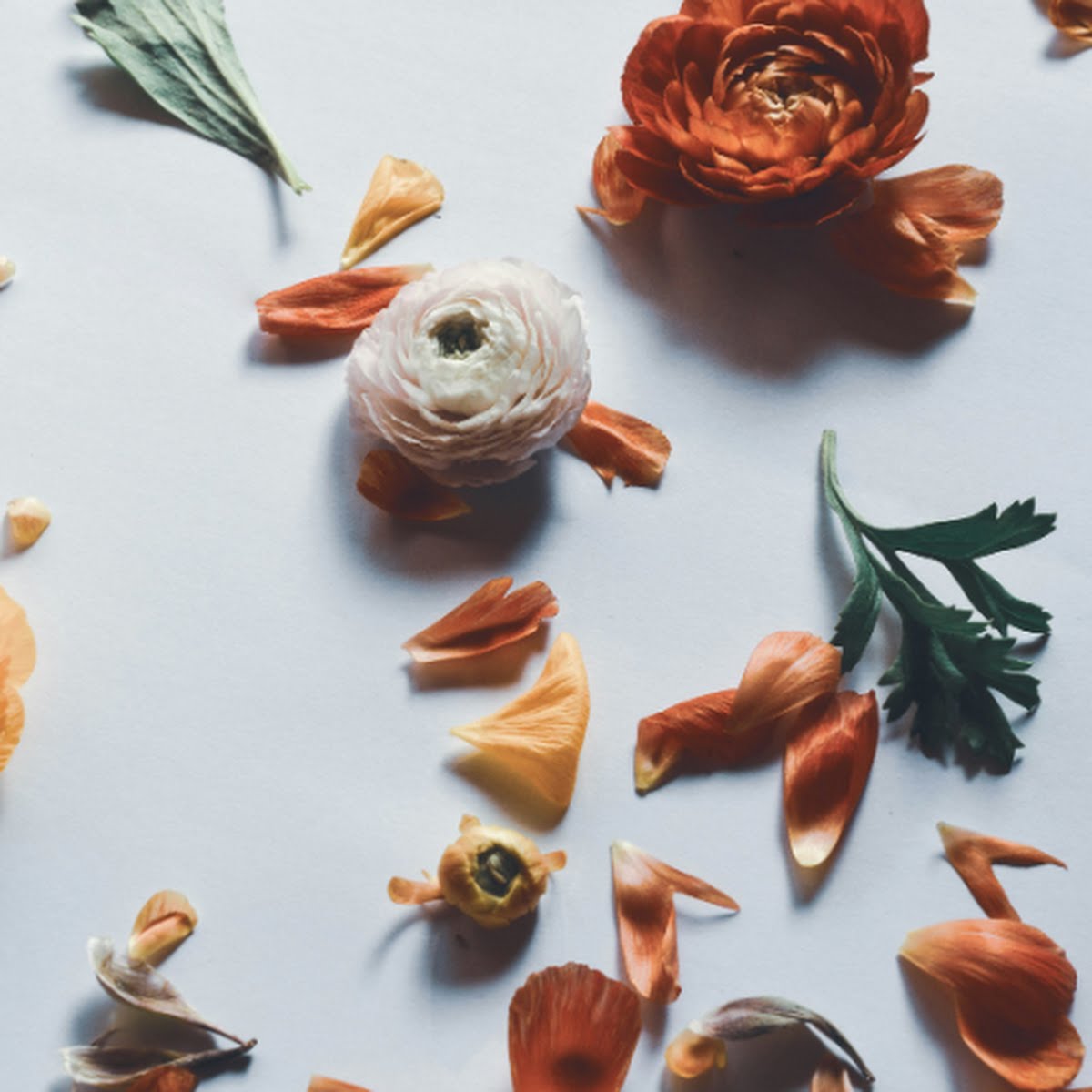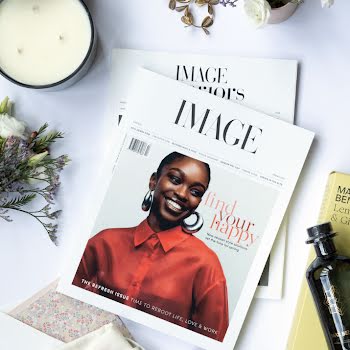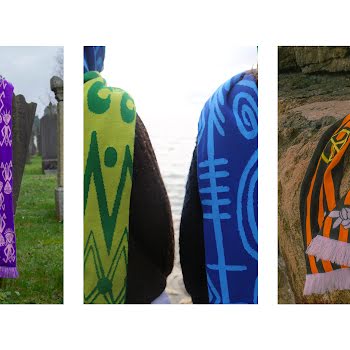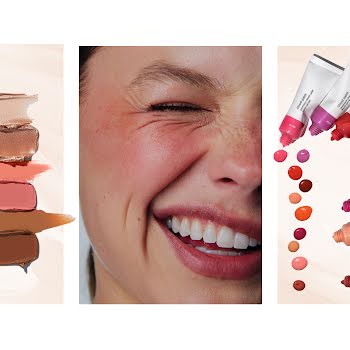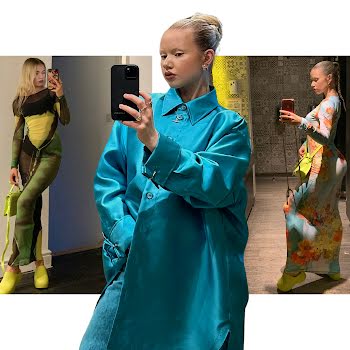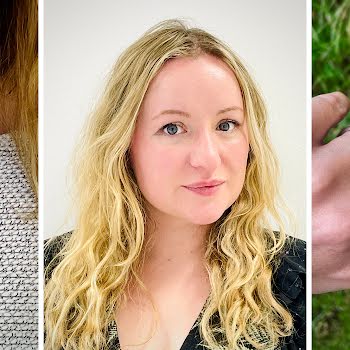Something old, something green: How to make your luxury wedding a sustainable soirée
A luxury wedding can be sustainable too. For everything from the venue to the menu, make sure your green credentials stay top of the (very long) list.
We’re all trying to do our bit when it comes to improving our sustainability and planning a wedding, whether big or small, is a real opportunity to flex those ideals. These days it’s more than possible to have a celebration that is both luxurious and kind to the planet too.
THE FLOWERS
Seasonality is key when it comes to so many elements of your wedding but perhaps never more so than when it comes to your choice of flowers. Limit your carbon footprint by choosing locally grown blooms that are in season, which is of course easier in some months than others. Your florist will be best placed to advise you but even if you need to opt for imported, there are ways to limit the impact. Check that your florist uses flowers with the Fair Flowers Fair Plants (FFP) symbol, which guarantees environmental sustainability and fair trade practices.
Contact local markets and flower farms too, who will often have a gorgeous supply of native flowers and, with a bit of advance warning, should be able to supply you for the big day.
Don’t forget the presentation too – avoid non-biodegradables like traditional flower foam (a definite no), plastic containers, ribbons (choose reusable fabrics) or cellophane. Think creatively – potted plants or trees can add a verdant feel as well as limiting costs and your footprint.
Think about a second life for your posies. Consider asking your florist to make bouquets from the church or venue flowers for key family members or guests to take home, or check if there’s a residential home nearby who would like to have them. That way, even if you have racked up some air miles, you’ve also extended their lifespan.
THE VENUE
Choosing the right location for your celebration is key if you’re serious about a genuinely sustainable wedding. Ask questions from the outset – about recycling, solar power, water use and waste. Ideally choose those with an already established zero-waste policy.
Good options too include public spaces that will need minimal enhancement to serve as a suitably grand and dramatic location and will often have sustainable practices already in place. The most eco-friendly venues will be among those that can grow and supply their own food for your wedding celebration, so choose a hotel with its own garden, a resort with a working farm or a venue with a chef for whom locality and seasonality is nonnegotiable.
Ask if suppliers are signed up to Origin Green, Ireland’s food and drink sustainability programme. And where possible opt for organic and seasonal fish or meat. Consider vegan for all or some elements of the meal.
INVITE ONLY
It’s hard to beat the unmistakeable romance of an invite that lands with a thud on the doormat, so while digital may be the eco-choice, you can mitigate the impact of paper invites by choosing a reputable supplier committed to quality recycled paper with no use of plastics (on stickers or details).
Limit your paper use with digital “save the date” notices and include detachable RSVPs that can be easily returned.
THE DRESS
Possibly the smartest and savviest choice for the switched-on bride, a sustainable wedding dress makes sense on so many fronts – there’s your conscience and the planet, but also your wallet.
Oxfam Bridal on Dublin’s Georges Street has a range of wedding dresses at a fraction of what they would cost, and many are brand new and donated by designers or wedding boutiques. It not only offsets clothes waste, supports climate justice and funds a charity, but also means you can get a great dress too.
Repurposing a dress – like your mum’s or your sister’s – can be a great option for the ultimate something old. For Alannah Byrne, her mum’s dress was the perfect choice. “I knew I wanted a vintage dress. I avoid fast fashion, upcycle and shop pre-loved whenever I can so the thought of spending thousands on a dress I’ll wear once just didn’t sit well with me. After much searching it dawned on me that my mum’s dress was perfect. It was in mint condition and, with a little tweaking, fit perfectly. Wearing it made a really special day even more so.”
For the ultimate in pre-loved wedding dresses, Isabelle Gleeson’s Dublin-based Rebride offers a platform to buy and sell dresses. Spotting a gap in the market – Gleeson estimates most dresses are worn for an average of 13 hours before being consigned to the back of the wardrobe – the site now carries a stunning range of dresses from a myriad of designers, all in pristine condition and for close to half of their original price.
If you are opting for a new dress, keeping some key factors in mind can ease the environmental impact. A custom-made wedding dress from a local designer puts you in control and will allow you to make decisions on fabric and where it is sourced. Plus, you won’t have the impact of a dress that has to be flown in from the other side of the world. If it’s a big-name designer you are after, choose those that have a strong green ethos with sustainable and ethical practices. London-based Brides do Good offer both new (donated by designers) and pre-loved dresses from ethical suppliers only and donate an impressive third of profits to charities supporting young girls and women.
And finally, long the preserve of the groom, when it comes to bridesmaid dresses and the mother of the bride, choose a rental outlet.
GIFTING
Avoiding unnecessary waste is a central tenet of sustainability and your wedding day should be no exception. For favours, eschew single-use plastics and instead opt for packets of seeds for planting or locally sourced keepsakes like candles. If you’re putting a wedding list together, consider the many talented Irish producers and suppliers out there.
Look out for the EU Ecolabel, the EU’s quality mark for climate-friendly goods and services, awarded to products that minimise waste and carbon emissions, use no or minimal hazardous chemicals, use energy and water efficiently and are durable.
Give confetti, long outlawed in churches for its littering and waste, a miss, and go for a gorgeously green upgrade by using a simple hole puncher and leaves. A perfect project to get younger members of the families involved.
RINGS
One of the single biggest purchases associated with any wedding, choosing your wedding and engagement rings is another opportunity to make sustainable choices. Look to vintage pieces or choose a supplier who uses ethically sourced or upcycled stones. Ask your jeweller about carbon neutral, lab-grown diamonds and recycled gold, platinum or silver. Locally made pieces will help to offset your carbon footprint and always opt for jewellery that has Fairmined certification.
This article was published in the IMAGE Weddings 2024 Ultimate Venue Guide, read the issue here.
Imagery via Unsplash



